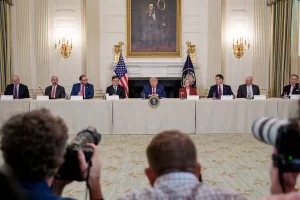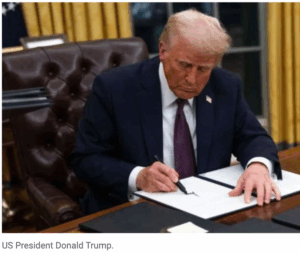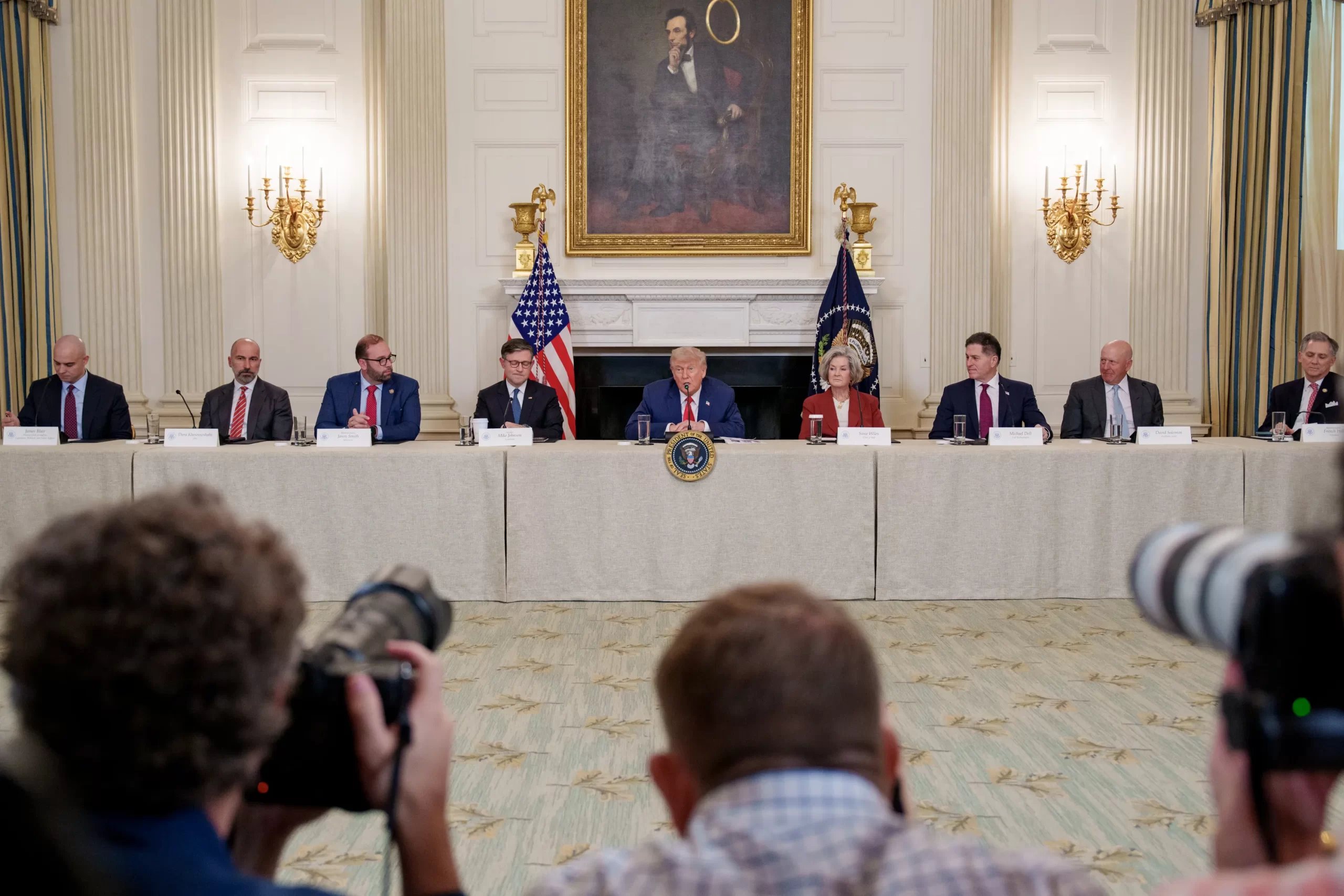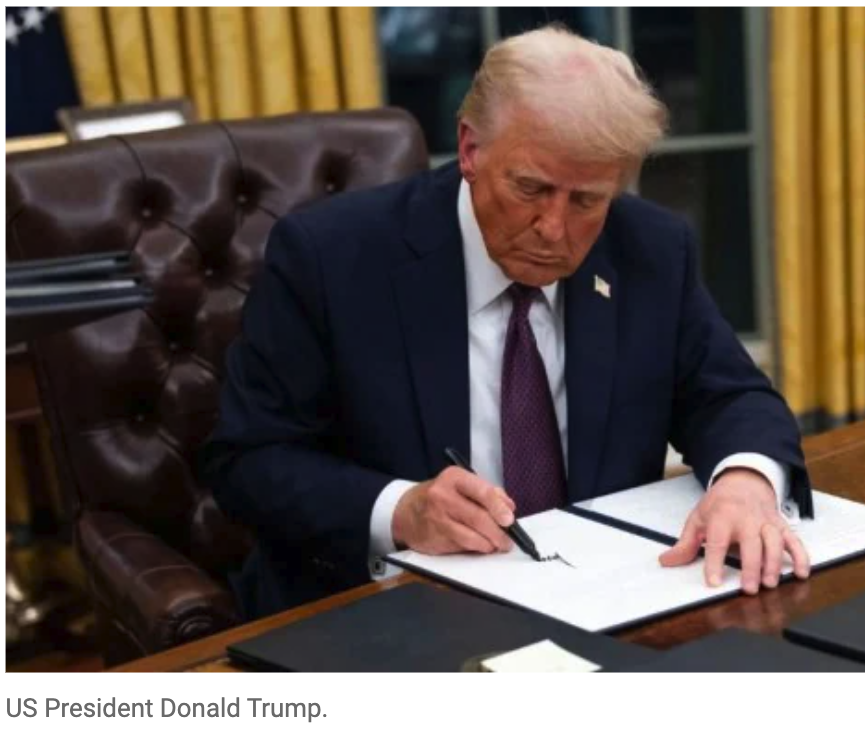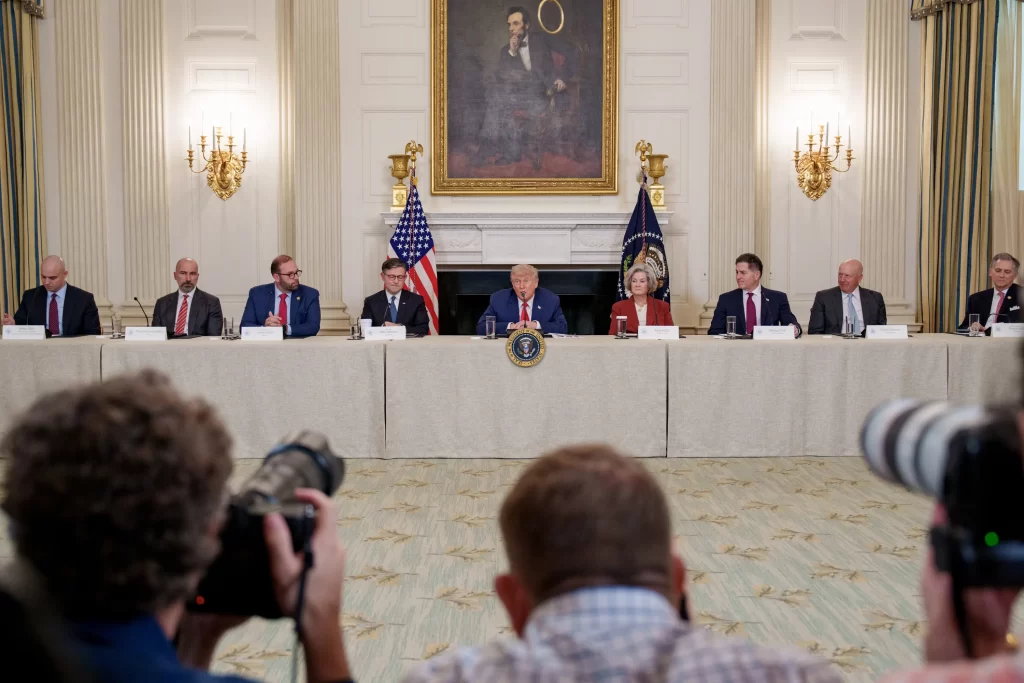Washington, D.C., June 2025 — A new provision in the recently introduced “One Big Beautiful Bill” would establish tax-deferred investment accounts for all newborn American children. Referred to as “Trump Accounts,” the initiative has drawn national attention from lawmakers and leaders in the business and finance sectors.
Under the proposed policy, each qualifying newborn would receive a one-time government contribution of $1,000 into a tax-advantaged account. These accounts would be managed by the child’s guardian and would track a stock market index. Families would also be permitted to make additional voluntary contributions of up to $5,000 annually.
The goal of the initiative is to promote long-term financial stability and provide early exposure to investing. Proponents of the program highlight its potential to harness the power of compound interest to support wealth building from a young age.
Support for the proposal has come from several major business figures. Dell Technologies CEO Michael Dell noted that early financial investments are correlated with increased educational and economic outcomes. Goldman Sachs CEO David Solomon emphasized the long-term economic benefits of fostering investment knowledge and market participation among younger generations.
Other industry leaders, including Uber CEO Dara Khosrowshahi and Altimeter Capital CEO Brad Gerstner, echoed similar sentiments, referring to the accounts as a “launchpad” for children and a means of reinforcing the values of market participation and personal financial growth.
House Speaker Mike Johnson and House Ways & Means Committee Chair Jason Smith also praised the initiative, calling it a transformative tool to promote financial opportunity for future generations.
The Trump Accounts are part of a broader legislative package that includes proposed tax cuts, enhancements to the child tax credit, and other economic measures aimed at middle-class families. If passed, the bill would represent a significant shift in how the government supports early childhood financial security.
The proposal is currently under review in Congress, where lawmakers will debate its structure, funding mechanisms, and long-term fiscal impact.



